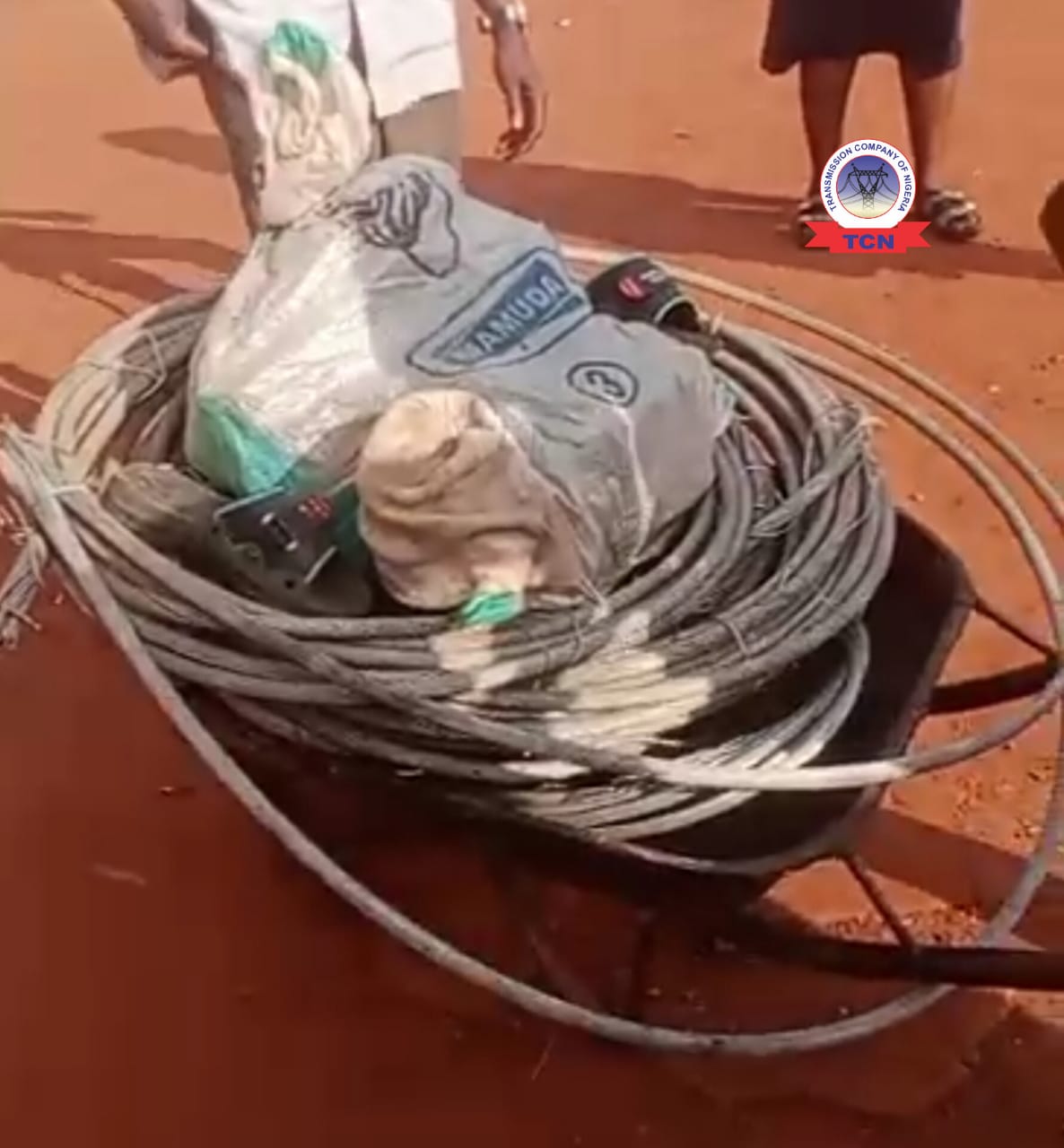Professor James Momoh was recently sworn-in as Executive Chairman of NERC, almost three years after the commission had its last substantive executive head. Chineme Okafor looks at the promises of the new chairman and the expectation from the electricity industry
The new executive chair of the board of commissioners of the Nigerian Electricity Regulatory Commission (NERC), Professor James Momoh, will really have his work cut out for him to effectively address the issues at the commission, and he seems to recognise that. From conversations with industry stakeholders, Momoh is highly regarded, especially for his works and accomplishments in the electricity engineering field. He would, however, need more than engineering experience to run NERC and regulate the country’s electricity market.
Momoh was sworn-in last week as NERC’s chairman by the Minister of Power, Works and Housing, Mr. Babatunde Fashola, after his confirmation by the Senate. His inauguration came almost three years after NERC last had a substantive head to drive its tasks of regulating Nigeria’s electricity market. His job is, no doubt, daunting and, yet, strategic.
Trust
Of all the troubles of the electricity market today, stakeholders believe the most virulent is the fact that it has lost much confidence and is unable to attract relevant interests. NERC is also accused of failing in its regulatory commitment to the market.
Momoh would be expected to push through fresh processes that would restore investors’ confidence in Nigeria’s electricity market, as well as put NERC back on track as a fair and productive regulator with palpable independence and authority.
Long-drawn appointment process
The appointment of Momoh as NERC chairman did not come easy. It took the government about 28 months to find a replacement for the last chairman of the regulator.
When the tenure of NERC’s board of commissioners led by the former chairman, Dr. Sam Amadi, ended on December 22, 2015, it was expected that the federal government would be swift in either replacing or reappointing them to avoid a vacuum in a developing market. But the government did not act until late in 2016, when it nominated commissioners and inaugurated them in February 2017, without a chairman. While six of the nominated commissioners were screened and confirmed by the Senate, the chairman-designate, Professor Akintunde Akinwande, a United States-based professor at the Massachusetts Institute of Technology (MIT), was not confirmed because he did not turn up for reasons not known.
The government inaugurated the six commissioners and asked the vice chairman, Mr. Sanusi Garba, to act as NERC’s chair until a replacement for Akinwande was found. However, for the over one year that NERC had no commissioners, its affairs were directed by another acting chairman, Dr Anthony Akah, a general manager in the commission whose interim management of the regulator was dominated by enforcement of regulatory actions against recalcitrant operators in an effort to keep the market from going under.
Subsequently, Momoh was announced as replacement for Akinwande. He was screened and confirmed by the Senate last month.
While announcing President Muhammadu Buhari’s nomination of Momoh as Akinwande’s replacement in April 2017, Senior Special Assistant to the president on Media and Publicity, Mr. Garba Shehu, had said in a statement, “President Buhari strongly believes that Professor Momoh has the technical knowledge, capacity and integrity to lead the commission’s effort to bring about the much needed change in Nigeria’s power sector.”
The Senate confirmed him last week after considering a report read by the Chairman of the Senate Committee on Power, Steel Development and Metallurgy, Senator Eyinnaya Abaribe (PDP, Abia South).
Momoh is a professor of electrical engineering and computer science, as well as the Director of Energy Services and Controls at Howard University in the US. He is equally reported to be a life fellow of the Institute of Electrical and Electronics Engineers as well as a fellow of the Nigeria Society of Engineers (NSE). He has over three decades of teaching and research experience in power system, smart grid, optimisation, and power communications.
Momoh is a 1987 recipient of the National Science Foundation-US White House Presidential Young Investigator Award. He has a doctorate degree in electrical engineering from Howard University, and Master’s degrees in systems engineering from the University of Pennsylvania, and electrical engineering from Carnegie University. He got his bachelor’s degree in electrical engineering in 1975 from Howard University, and is a widely published scholar with several professional leadership positions held in the academia.
Expectation
Many industry stakeholders who shared their thoughts with THISDAY said they were hopeful and confident that Momoh would perform. They identified areas that needed urgent attention to include the repeated suspension of the tariff methodology of the market by the commission due to alleged political influence from the government. This situation has created a backlog of financial shortfalls for the sector. There is the reported inability of the regulator to step up actions against operators for repeated breach of existing Service Level Agreements (SLAs) in the industry.
Commenting on Momoh’s appointment, a former Managing Director of Nigerian Bulk Electricity Trading Plc (NBET), Mr. Rumudaka Wonodi, stated that the authority and independence of NERC must be safeguarded by Momoh to ensure that it regains the confidence of stakeholders. Wonodi noted that cases of operators, like the Discos, instituting legal actions against NERC, and the law courts placing injunctions on the regulations of the commission were unhealthy and should be checked by Momoh.
Wonodi said, “The supremacy of the regulator is important, its authority and independence must not be undermined further. I expect that Professor Momoh will understand these things because he is coming with very rich experience.
“I have never heard of the banks in Nigeria instituting legal actions against the CBN, or companies filing lawsuits against the CAC. Even the NCC, I have not seen any of the telcos sue it – maybe MTN attempted to but then it reportedly dropped the idea. When Discos sue NERC and the court places an injunction on its regulations, it only undermines the authority and independence of NERC, and I imagine that Professor Momoh will address this.”
Innovation
Momoh told reporters in Abuja after his inauguration that he had come with fresh ideas on how to proactively regulate the power market and ensure that electricity is delivered to Nigerians efficiently. He pledged to introduce some level of scientific regulatory practices in the business of NERC, as well as adherence to standards in its dealings with stakeholders in the industry.
Momoh stated, “I brought with me, the knowledge, experience that I have, wisdom about power engineering and, of course, ability to work in teams, and to address quick wins. What can we do with respect to what we heard about estimated metering, how do we make sure that we get enough data so that customers are also convinced to pay for the power they use based on what we provide?”
He further stated, “At the same time, we will bring to the industry the best practices to ensure that we have quality supply and reliable power. What we bring to the sector is also ensuring that there is innovation in the industry because if we remain the same and remain static, and not solve real problems, we will just be doing fire-brigade. The Gencos will tell you there is a blackout without knowing why. We are going to ask the questions – for me, I know why because I know the mathematics and economics behind it.
“If we are able to teach people to know things go wrong, perhaps, we will learn from our mistakes. We will look back and use lessons learnt yesterday to solve tomorrow’s problems. We must begin to anticipate problems so that we can provide solutions.”
Tariff
Momoh said regarding the lingering issue of tariff, “It is not a challenge that you cannot solve. It happened; you learnt something about it last week, so you don’t have to re-learn the same lesson today. We should be able to ask questions to avoid the problem.
“We have something called data science in the new thinking of the world where we have the idea of you collecting data, you learn from the information and you predict the future. If we don’t do that, we will be wasting our time.
“We have no choice; we have to look at what computes a tariff. Tariff is not a guess work, there is a calculation you do to get there.”
Source: ThisDay







